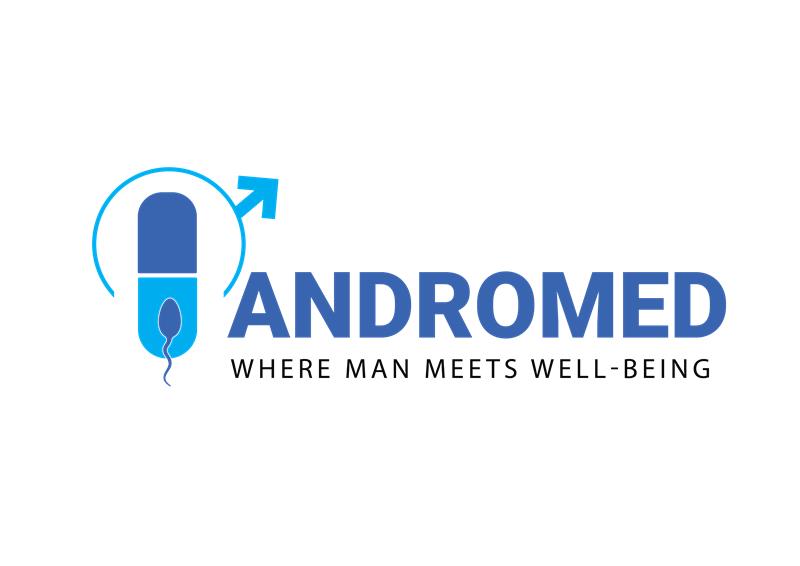Men’s Health Month – WHY
June is Men’s Health month. The initiative of dedicating an entire month for Men’s Health is to educate men regarding their own health. Men’s health is an often neglected area. Men try to postpone their health checkups till a point where treatment becomes absolutely essential. Only 12% of men go to the doctor for a preventive health checkup while 33% of women excluding pregnancy related visits go for a health checkup. On an average the life span of men is 3-5 years less than that of women.
In a recent survey at the Cleveland Clinic, Ohio, USA, it was observed that 65% of men (and 72% men in 35-54 years) avoid going to a doctor for a health check and 20% confessed that they did not open up completely even after they managed to meet the doctor. Men have always considered themselves to be invincible and strong, but the fact is that they are more prone to diseases by virtue of their risk taking behavior, self-reliance and stress. It has been estimated that 1 in 6 people will be above 65 years of age by 2050 with a life expectancy of beyond 75 years. It is time to know about men’s health and move ahead. Men’s health is not a new concept but it is now evolving towards a holistic approach, focusing on men’s physical, mental and social well being. Men are affected by lifestyle diseases like diabetes mellitus, hypertension, obesity, heart disease and stroke similar to women. There are, of course, some diseases specific to men, such as testosterone deficiency, urinary symptoms due to enlarging prostate, testis and prostate cancer, erectile dysfunction and sperm defects, but the reason why men live shorter than their female counterparts is manifold. Men have an inherent weakness since conception, are less immune to diseases than expected, are exposed to occupational hazards, substance abuse, smoking and alcohol abuse and suicides are higher in men. Their inherent weakness is contributed by the presence of Y-chromosome which is prone to mutations. In simplest terms, men’s health means to take care of problems specific to men.

There are certain basic tenets to lead a healthy lifestyle. Men have to understand the importance of healthy eating, healthy living and doing exercises. A minimum of 150 minutes of moderate-intensity aerobic exercise per week, reducing intake of unhealthy saturated fats, fast food, processed food, conscious reduction of salt, sugar and oil especially if overweight or obese and taking more of fresh fruits and vegetables, whole grains, fiber rich food and experiencing a good night’s sleep spanning at least 7 hours, with mindful attempt to reduce stress and stop addictions will provide a great start to a healthy lifestyle. Well begun is half done! We also need to learn about improving muscle and bone strength and obtain adequate sunlight exposure, because men as they age are prone to fractures. Flexibility is also an important component of mobility.
It is wise to do some basic tests once we turn 40 years, though 40 is not a magical number. In few men, screening begins early in case of family history of lifestyle diseases (listed above). We talk to them regarding problems that they face, be it physical or related to their minds. Though men tend to shy away from erectile dysfunction as a disease, they should know that this could be an eye opener to uncover more serious issues like heart diseases or cerebrovascular events which we could detect 3-5 years ahead. This is bound to have a great impact in the quality of life. Penile erection depends on the amount of blood flowing inside it. It is a well known fact that there is deposition of fat inside arteries as age advances and this is compounded by sedentary habits, lifestyle diseases and addictions. Fat deposition inside arteries could be one of the reasons for reduced strength of erections in many men. The other reason is testosterone deficiency, a correctable cause and keeping up men’s testosterone levels within normal range is important for bone and heart health. Indians and Asians are more prone to lifestyle diseases, which is partly contributed by obesity and metabolic syndrome. A very important predictor of risk for future disease is waist circumference >90 cm.
So, let’s all pledge to improve our own health and lifestyle and make our fellow men realize that “Health is Wealth” and “A stitch in time saves nine.” Men always have the Herculean mindset and feel they are indomitable but it is time to realize that even men can be affected by diseases and it comes on them heavily. The four basic pillars of healthy living are nutrition, de-stress, inculcating lifestyle changes and exercises as routine and a good sleep.
Copyright © . Karthikeyan V S. All Rights Reserved.
Powered By: Cortex Media Marketing Pvt Ltd


